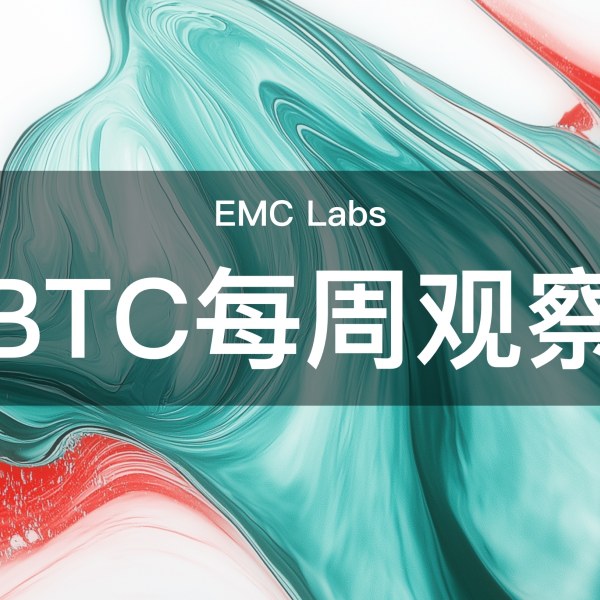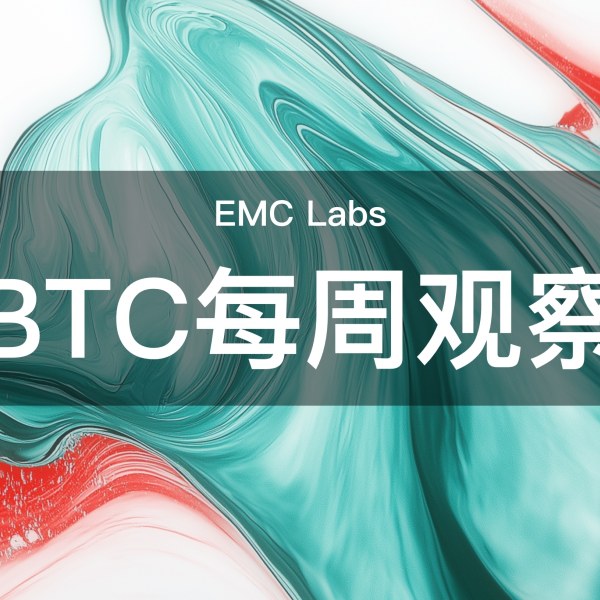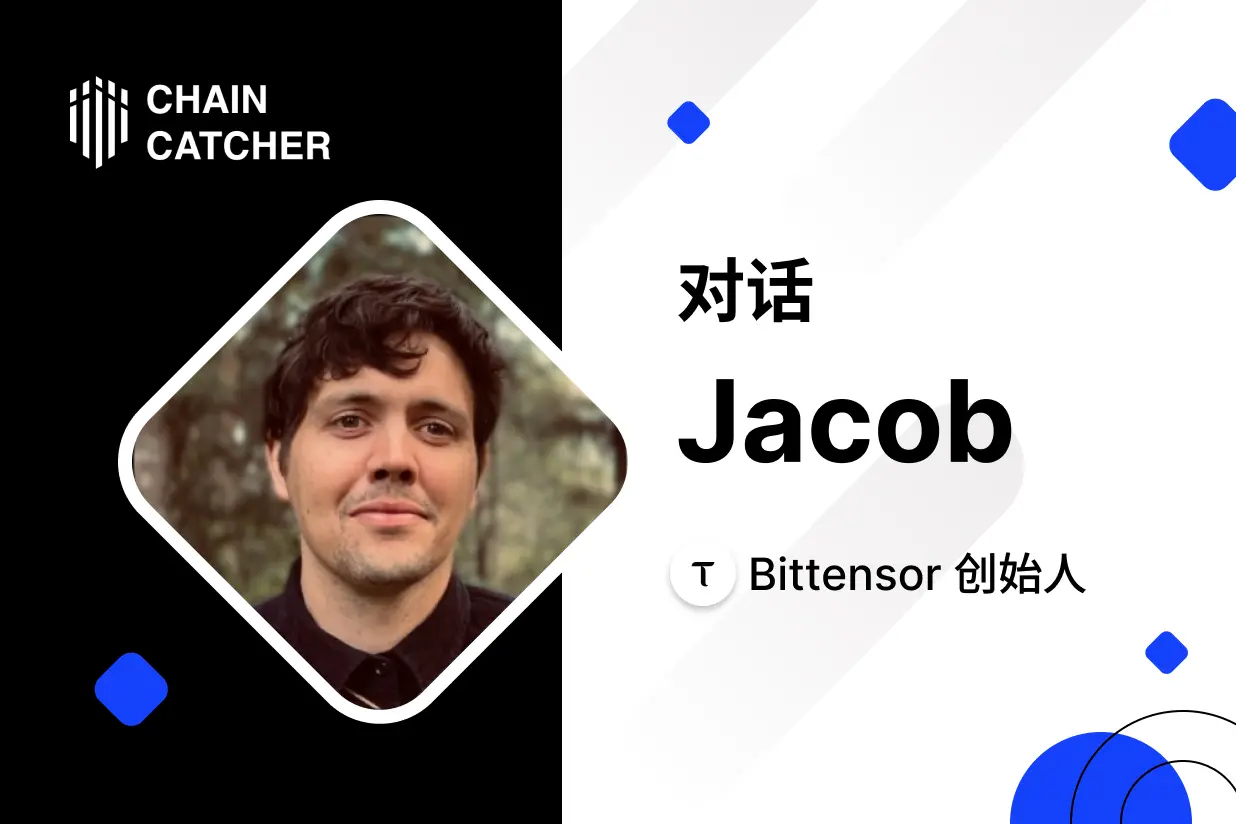S&P Global Assigns “Junk” Rating to Michael Saylor’s Strategy, Citing Bitcoin Exposure and Liquidity Risks
Quick Breakdown
- S&P Global assigns a “B-” rating to Michael Saylor’s Strategy, citing liquidity and Bitcoin exposure risks.
- First-ever S&P rating for a Bitcoin-treasury-focused firm, setting a TradFi benchmark.
- Despite the “junk bond” tag, MSTR shares rose following the announcement, signaling investor confidence.
S&P Global tags Strategy with “B-” Rating
S&P Global Ratings has assigned a “B-” credit rating to Michael Saylor’s Bitcoin-heavy firm, Strategy, categorizing it within the speculative, non-investment-grade tier commonly known as the junk bond range. Despite the low rating, the agency maintained a stable outlook for the company.
S&P Global Ratings has assigned Strategy Inc a ‘B-‘ Issuer Credit Rating (Outlook Stable) — the first-ever rating of a Bitcoin Treasury Company by a major credit rating agency.
— Strategy (@Strategy) October 27, 2025
The rating marks a milestone as it’s the first-ever S&P Global assessment of a company built around a Bitcoin treasury model, setting a new benchmark for traditional finance institutions evaluating crypto-focused firms.
Concerns over high Bitcoin exposure and weak liquidity
In its Monday report , S&P Global cited several weaknesses in Strategy’s financial structure, including its heavy Bitcoin concentration, limited business focus, weak risk-adjusted capitalization, and low U.S. dollar liquidity.
Strategy currently holds 640,808 BTC, acquired primarily through equity and debt financing. The agency’s stable outlook assumes the company will manage its convertible debt maturities prudently and sustain preferred stock dividends, potentially via additional debt issuance.
However, S&P warned that Strategy faces a “currency mismatch” — its debt obligations are in U.S. dollars while most of its reserves are tied to Bitcoin and its near-breakeven software arm.
Benchmarking against Sky Protocol
S&P Global rated Strategy on par with Sky Protocol (formerly MakerDAO), which also received a B-minus rating in August. Sky Protocol’s rating was similarly attributed to high depositor concentration, centralized governance, and weak capitalization — traits S&P says mirror Strategy’s financial exposure.
Although an upgrade in the next year is “unlikely,” S&P noted that Strategy could improve its standing by boosting U.S. dollar liquidity, reducing reliance on convertible debt and demonstrating continued access to capital markets, even during Bitcoin downturns. Conversely, the rating could be downgraded if the company’s financing options tighten or it’s forced to sell Bitcoin under “severe market stress” to repay debt.
To exit the speculative zone, Strategy would need to climb six rating levels to achieve BBB-minus, the threshold for investment-grade status.
Disclaimer: The content of this article solely reflects the author's opinion and does not represent the platform in any capacity. This article is not intended to serve as a reference for making investment decisions.
You may also like
Multiple positive factors combined, BTC temporarily stabilizes, but the dilemma remains unresolved (10.20~10.26)
Risk appetite has not yet increased, and liquidity in the crypto market remains extremely tight.

How to Cope with the BTC Cycle under the Heavy Pressure of the "Cyclical Curse"? (10.13~10.19)
The improvement in the US-China tariff war and BTC has once again fallen to the bull-bear dividing line, with cyclical patterns indicating clear signs of a "peak."

Interview with Bittensor Founder Jacob: Applying Mining to AI, Top 3 Subnets Built by Chinese Teams
Bittensor is migrating Bitcoin-style mining to AI through "incentivized computation," building an open multi-subnet marketplace powered by TAO, where inference, training, and computing power providers are rewarded based on performance. Jacob visited China for the first time, discussing his experience leaving Google, ecosystem expansion in Asia, TAO halving, protocol revenue, and his five-year vision.

Why is a crypto treasury a better solution compared to spot ETFs?
DAT's corporate structure possesses unique advantages that ETFs cannot match, which is precisely why it commands a premium over its book value.

